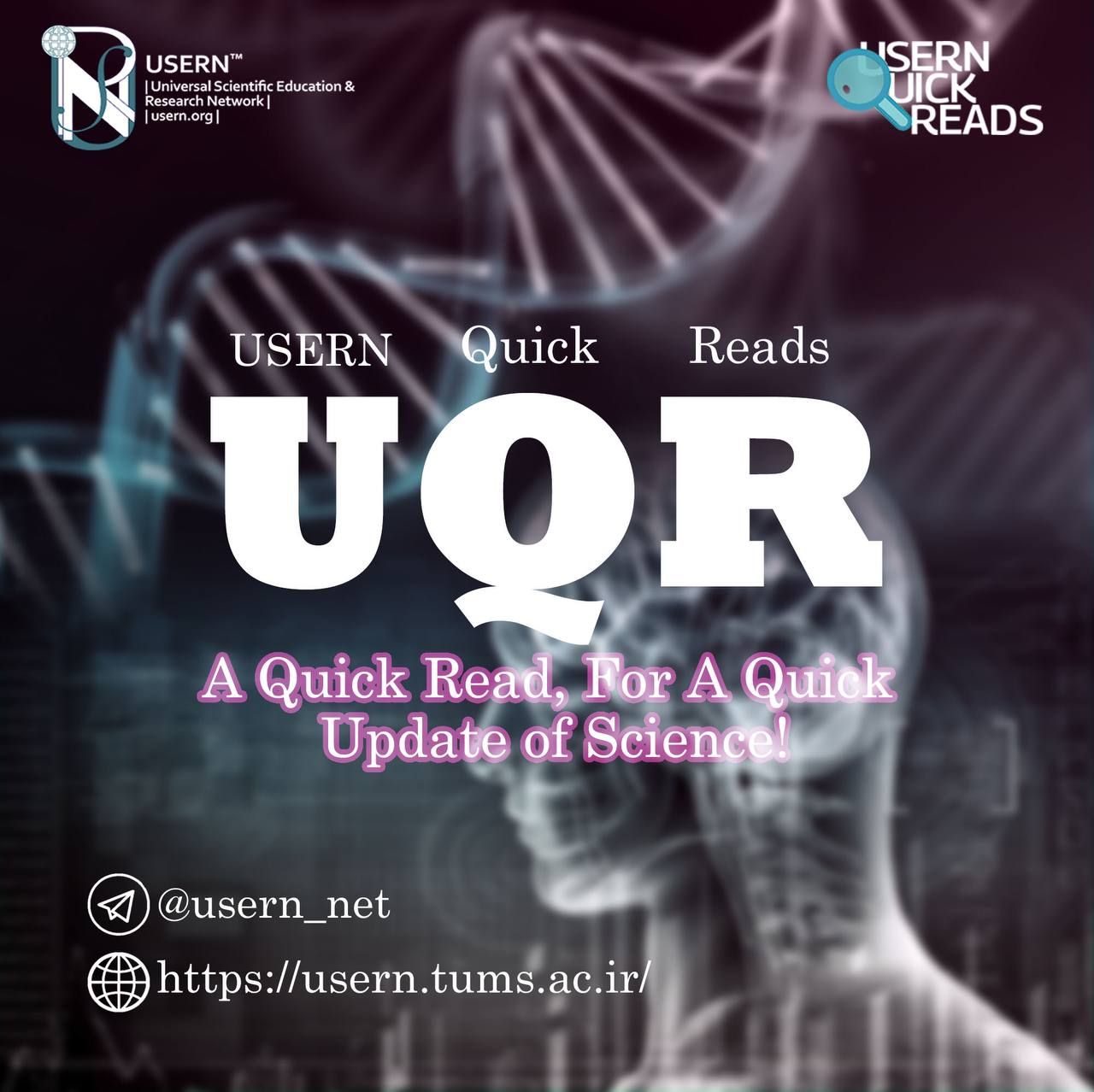Quick Reads
Lets roll our sleeves and beat this pandemic together

What else to do with this pandemic? 2021#1
Let's roll our sleeves and beat this pandemic together
The COVID-19 pandemic has been blasting throughout 2020. With the global economic crisis, need to impose lockdowns, change our behaviors, overwhelmed healthcare systems, and high public fears, nearly every aspect of our life has been affected. At the end of the year, more than 80 million have been identified as infected with SARS-CoV-2. The disease has been confirmed to take a life of over 1.7 million, while the exact number of direct and indirect victims of COVID-19 will remain uncountable. After months of running away from the infection and stay-at-home measures, we are now entering a new phase, the one in which we can finally counterattack. With tremendous and unprecedented efforts, the first vaccines are being authorized. However, bear in mind that some will have to wait at least till 2022 to be able to get them.
The COVID-19 pandemic has been accompanied by a flood of fake news, a phenomenon called by the World Health Organization as 'infodemic'. Some of the misinformation floating via online social media has been causing potential social harm by preventing people from using recommended sanitary measures such as face masks, hand hygiene, social distancing, and cough etiquette. Now, with COVID-19 vaccinations about to start in various countries or already ongoing, we can all see the second wave of fake news aiming to scare people with alleged harmful effects that find no confirmation in the evidence. Those who stand against COVID-19 vaccines are mostly the same individuals that have already opposed vaccinations in the past. However, broad access to the internet and the everyday use of online social media gave them a new power with which they can successfully manipulate the masses while offering no feasible solution to the global problem. If we are to fight the COVID-19 and end the global crisis and suffering of many, we need to engage in effective scientific communication. The race for the COVID-19 vaccine was unprecedented, while the applied technology (i.e., mRNA platform or vector-based vaccines) is innovative. The general public needs to be informed in an evidence-based manner, yet understandable for non-specialists.
Many of us have already engaged in science communication, amplified by the pandemic. We can all continue individually, but much better effects will be achieved if we will join forces, at least on the local level. Let me share an example of our initiative "Science Against Pandemic" ("Nauka Przeciw Pandemii") supported by the different scientific institutions and societies as well as USERN (for the support of which we will remain grateful!). The initiative was established in Poland as an expert group covering a wide range of scientific areas, including infectious diseases, epidemiology, virology, biochemistry, vaccinology, immunology, medical biology as well as public health. Our aim was to inform the public on the types of developed vaccines, the mechanism of their action, the research process, approval regulations, and individual and public benefits of vaccination against COVID-19 as well as their safety profile. We are independent, receive no funding from the government or pharmaceutical company. Our first step was to publish a White Paper entitled "Vaccination against COVID-19. Innovative technologies and efficiency", which is now also available in the English language1
If you feel it may be helpful for you, please make fair use of it. The aim of our group is also to answer all the questions and address the concerns. Therefore we are actively co-operating in media, Q&A sessions, and online lectures. We also tackle the most concerning fake-news, some of which require knowledge of molecular biology and skills in understandable science communication. With a group of individuals working together, achieving all of these aims is less challenging while the effects of work can reach a much broader audience. Within the first week, since our initiative was launched, it managed to reach over 10 million of Poles. The number is still growing. We also support the ministry of health with advice any time we feel some modifications to the vaccination program would be beneficial. Beyond any doubt, such activity gives a lot of satisfaction, although bear in mind that it also makes us all exposed to fanatic attacks of anti-vaccination groups, a phenomenon that sadly has also been experienced by our dear families.
Yet, we stand together against this pandemic. We know the enemy - SARS-CoV-2. We know its effects. We know we can beat it as long as we all agree to do so. The global health crisis must be resolved so we can seriously deal with a much worse issue yet to come—the climate crisis.
